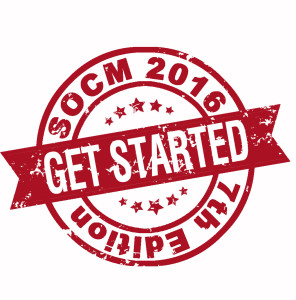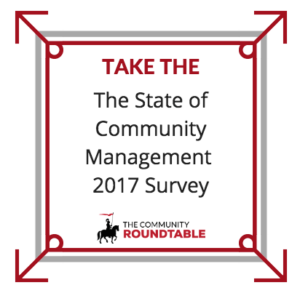 Eight years. The Community Roundtable has been doing its annual research on the landscape of community management for close to a decade.
Eight years. The Community Roundtable has been doing its annual research on the landscape of community management for close to a decade.
We have learned a lot in that time and this research has contributed to the discipline by:
- Consolidating and determining standard practices within community management, making it less of a mystery and more predictable
- Documenting the complexity of doing community management well, while at the same time providing a structure that helps people understand it
- Emphasizing the need to take a strategic, intentional and proactive approach to efficiently build communities
- Highlighting the practices that correlate with success; practices like building roadmaps, advocacy programs, welcome processes and more
- Defining the strategic value of community, culminating in a standard community ROI model
Just in the last year, we’ve made huge strides in adding financial and analytic rigor to the discipline – and just in time, because executives are paying attention. With strategic attention comes more scrutiny and the need to prove that communities return meaningful results while at the same time requiring education about how to make these programs successful – and the investment required to do so.
There has never been a better time to participate in our State of Community Management research.
By simply participating you will get three important benefits:
- Ideas about what is important to successful community management
- Scores for each competency in the Community Maturity Model that will help you prioritize projects and compare your progress against the research
- Your current community ROI
We’ll also throw in a gift card for coffee to thank you for your time, as it is more than your average online survey and will take you about 30 minutes.
Please consider helping us make this year the best year yet for our research.
Also, please consider sharing the survey with your peers who run communities or community programs: https://the.cr/socm2017survey


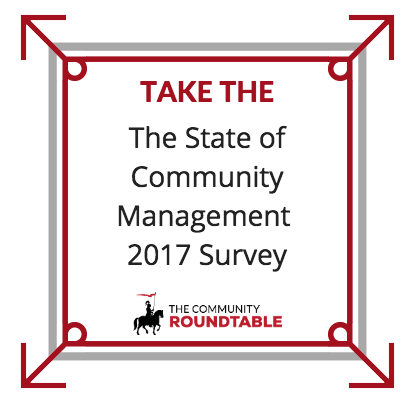

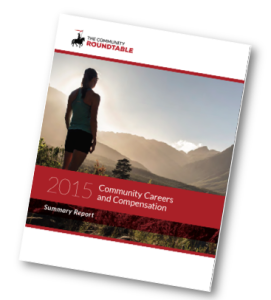
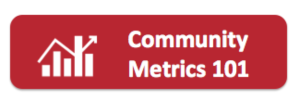


 As we close out 2016 I wanted to share some best practices for recognizing and rewarding the top contributors in your community. Whether they are super users who take pride in answering others questions or super-star content creators, everyone likes to be acknowledged for their contributions.
As we close out 2016 I wanted to share some best practices for recognizing and rewarding the top contributors in your community. Whether they are super users who take pride in answering others questions or super-star content creators, everyone likes to be acknowledged for their contributions.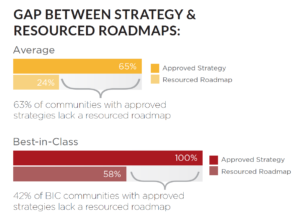 f you don’t know where you’re going it can be a long journey to success in community management – which is why we’re highlighting best practices for community roadmaps in this week’s
f you don’t know where you’re going it can be a long journey to success in community management – which is why we’re highlighting best practices for community roadmaps in this week’s 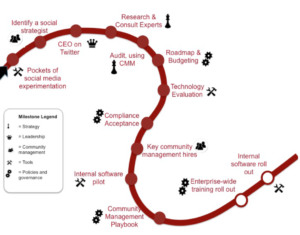
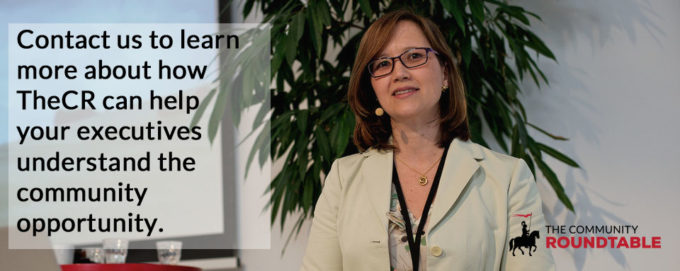
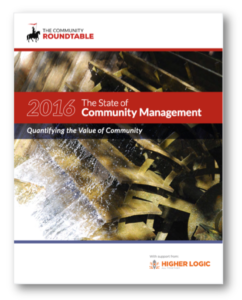
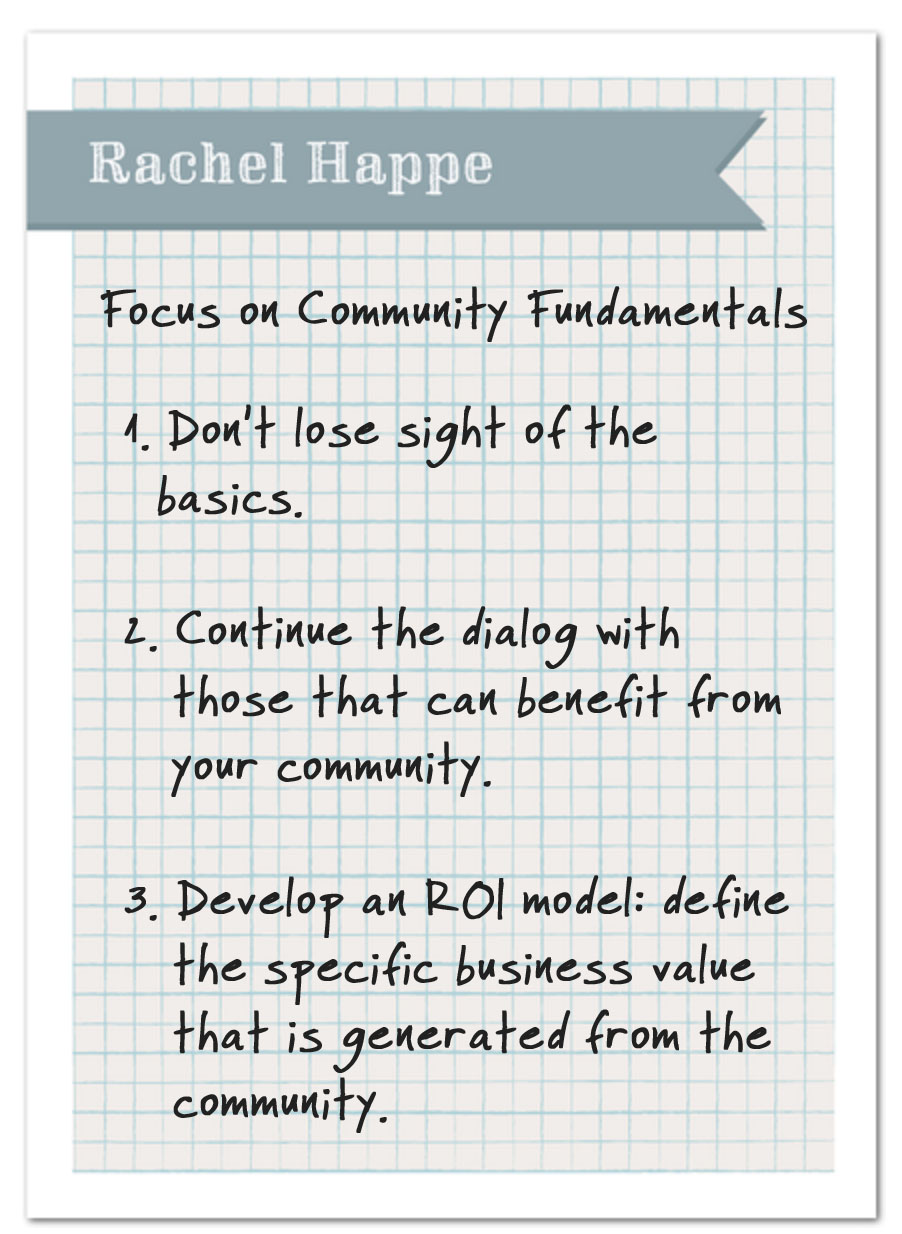
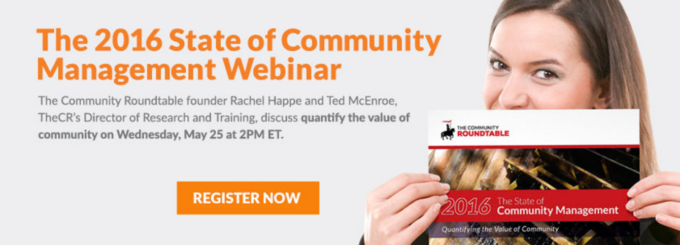
 Ask an overworked community manager what they wish they had more of – and you’re likely to get one of two answers: resources or time. How a community pro spends his or her time matters greatly to their communities, but how much? We asked our participants to share how they and their teams spent their time – and saw some interesting trends.
Ask an overworked community manager what they wish they had more of – and you’re likely to get one of two answers: resources or time. How a community pro spends his or her time matters greatly to their communities, but how much? We asked our participants to share how they and their teams spent their time – and saw some interesting trends.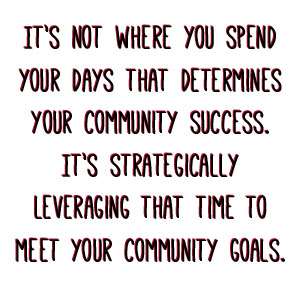 Of course, “in the platform” does not equate to “visible in the community”, either – a reminder again both that much of your important work can go unseen by members, and that “working out loud” is a great way to bring visibility to work (yours and others’) that makes a robust community possible.
Of course, “in the platform” does not equate to “visible in the community”, either – a reminder again both that much of your important work can go unseen by members, and that “working out loud” is a great way to bring visibility to work (yours and others’) that makes a robust community possible.
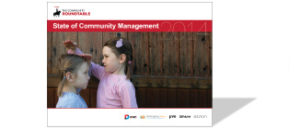
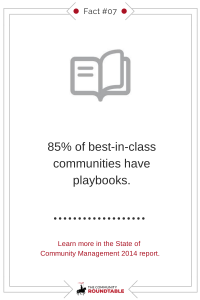
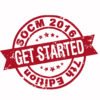
 This post is part of a series summarizing The Community Roundtable’s annual
This post is part of a series summarizing The Community Roundtable’s annual 